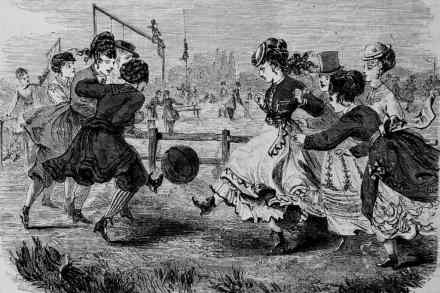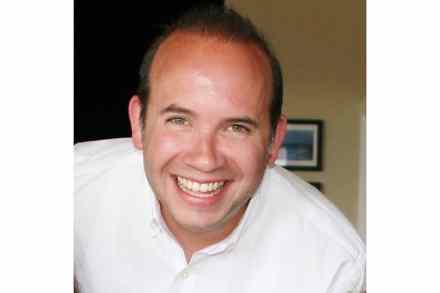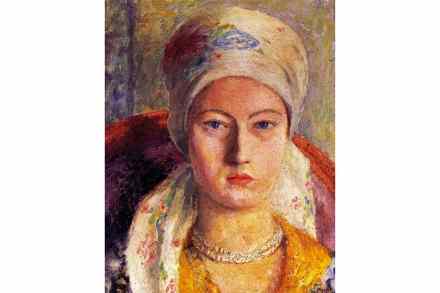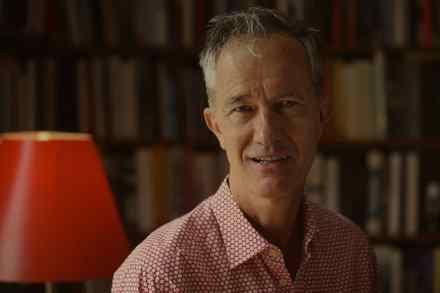The great breakfast dilemma: should baked beans be part of a full English?
More from BooksA popular pastime in Britain is to post one’s breakfast on social media for strangers to pass judgment on bacon crispiness, egg doneness and whether baked beans are a vital component or just spoil the whole thing. Felicity Cloake is a writer after my own heart: she is not a fan of beans with her






























